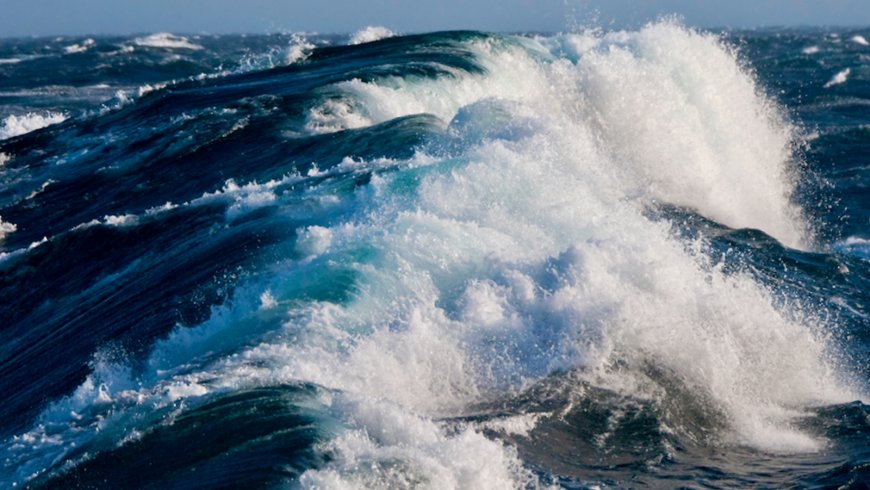Cape Verde highlighted in new climate study on record warming and rapid cooling in the Equatorial Atlantic
A new study highlights Cape Verde's strategic role in analyzing extreme variations in the Equatorial Atlantic in 2024. The region, which is key to the development of hurricanes, has been directly affected by record sea temperature fluctuations.

A new scientific study published by researchers from the University of Miami and NOAA has revealed an extreme climate phenomenon in the Equatorial Atlantic in 2024, with direct implications for Cape Verde. The research documented the most intense warming ever recorded on the sea surface in the region, followed by an abrupt and unprecedented drop in temperature, the fastest in over 40 years of satellite observations.
This phenomenon - dubbed "climate whiplash" - has significant consequences for coastal regions of West Africa, including Cape Verde, and directly affects the development of tropical hurricanes in the vicinity of the archipelago. According to the study, better understanding these extreme variations can improve seasonal forecasts and help communities like those in Cape Verde prepare for the impacts on critical sectors such as infrastructure, agriculture, water management and civil protection.
"The equatorial Atlantic has never been so hot and then so cold in such a short space of time," said Franz Philip Tuchen, lead author of the study and a scientist at the Cooperative Institute for Marine and Atmospheric Studies (CIMAS) at the University of Miami. He warns that the most notable impact has been felt across West Africa, with changes in rainfall patterns, including the early onset of the summer monsoon and intensified rainfall in the Sahel and Sahara desert.
Surface temperatures exceeded 30 °C in February and March 2024, unprecedented since satellite records began. This extreme warming was driven by a rare combination of wind anomalies associated with El Niño and slow changes in deep ocean currents, which generated a downward Kelvin wave - responsible for the accumulation of heat in the upper layer of the ocean. In May, a sudden reversal of the winds generated a new Kelvin wave, this time ascending, causing the abrupt cooling of the ocean surface.
For Cape Verde, located in the tropical Atlantic belt where many of the most powerful hurricanes are born, these events have direct implications for storm monitoring and forecasting. The study reinforces the importance of investing in advanced climate models that can anticipate this type of event and mitigate its effects on vulnerable island populations.
The work, entitled "Record Warmth and Unprecedented Drop in Equatorial Atlantic Sea Surface Temperatures in 2024", was published on June 23, 2025 in the scientific journal Geophysical Research Letters, of the American Geophysical Union. The research was funded by NOAA programs dedicated to the study of tropical climates and involved scientists from institutions in the USA, Italy and Germany.
This study places Cape Verde at the center of a global discussion on climate change, coastal resilience and precision weather forecasting, reaffirming the archipelago's strategic role in understanding and monitoring the tropical Atlantic climate.

























































